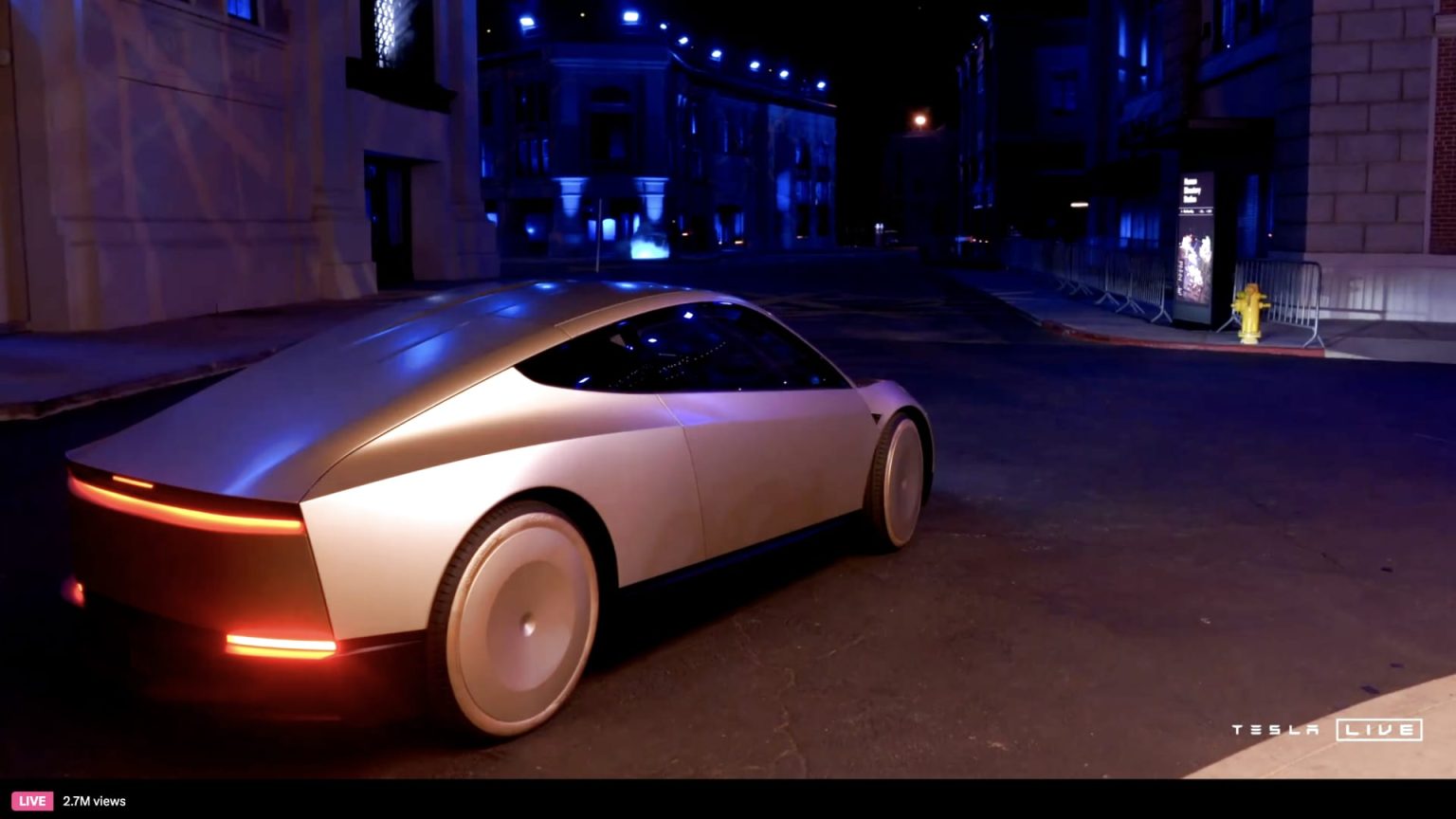Elon Musk unveiled Tesla’s Cybercab concept, showcasing a two-seater autonomous vehicle with no steering wheels or pedals. The company plans to produce these vehicles for less than $30,000 before 2027. Musk also announced plans for an autonomous Robovan that can transport up to 20 people or goods, using inductive charging for recharging purposes. Additionally, he mentioned that Tesla expects to have “unsupervised FSD” operating in Texas and California in the Model 3 and Model Y vehicles by next year.
Over the years, Elon Musk has made ambitious promises about autonomous vehicles, but has faced setbacks in delivering on those promises. Despite missing deadlines in the past, Musk has continued to promote Tesla’s work in autonomous cars and the future potential of the technology. He emphasized the potential of the Cybercab and Robovan to revolutionize transportation and solve for high-density transport needs, such as carrying sports teams.
At the event, Musk invited attendees to take test rides in the autonomous vehicles, highlighting Tesla’s progress in developing and implementing autonomous technology. This event marked Tesla’s first product unveiling since the introduction of the Cybertruck in 2019, which has faced challenges including multiple recalls since it began shipping to customers in late 2023. Musk’s vision for autonomy in Tesla vehicles remains a central focus for the company’s future growth and innovation.
Despite past delays and missed targets, Elon Musk remains confident in Tesla’s ability to solve autonomy and bring fully self-driving vehicles to the market. He has reiterated this vision to investors and analysts, emphasizing the importance of believing in Tesla’s autonomous technology for those considering investing in the company. The unveiling of the Cybercab concept and plans for the Robovan demonstrate Tesla’s continued commitment to advancing autonomous technology and revolutionizing transportation.
The introduction of the Cybercab concept and plans for the Robovan represent Tesla’s latest efforts to push the boundaries of autonomous technology and transform the future of transportation. With inductive charging capabilities and the potential for high-density transport solutions, these vehicles aim to offer innovative and sustainable alternatives to traditional modes of transportation. Musk’s vision for a “glorious future” driven by autonomous vehicles underscores Tesla’s commitment to pioneering advancements in electric and autonomous technology.













